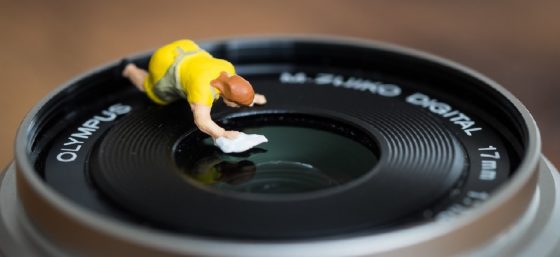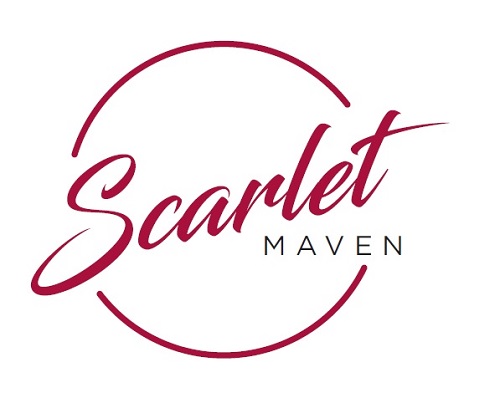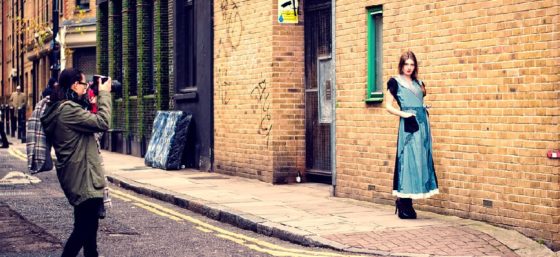
I cringe every time I see a post about photographers and models teaming up to shoot during the COVID-19 pandemic when they should be social distancing and staying home. The only photographers who should be out shooting these days are the ones who are documenting the pandemic.
My business mentor taught me that when you’re not working in your business, you should be working on your business. Here are 6 ways you can work on your business while sheltering in place.
Edit Your Images From TFP Shoots
Models frequently complain that they rarely get images from open TFP shoots. They held up their end of the bargain. Now it’s time for you to do yours.
Brainstorm and Research Future Projects and Collaborations
Now is a good time to reach out to models you want to work with and research ideas for shoots you want to do when the Shelter In Place orders are lifted. There are lots of online groups where you can network with other photogs and models.
Create Your LLC
Are you still a sole proprietor? <shiver> Please fix that. No entrepreneur should be without a business entity for their company.
In most states, you can create a business entity online. Look up your state’s Secretary of State Office or Corporation Commission.
Review or Create Your Legal Documents
Do you have templates for your client contracts, model releases, and copyright license? If not, now you have the time to create them. If you have them, can you remember the last time your reviewed them? If not, now would be a good time to do that. A lot of people are double checking that they have an effective force majeure provision in their agreements.
If you want to respond to suspected copyright infringement by sending a cease and desist letter, now is the time to create an epic C&D template so you’re ready to lay the smack down on anyone who violates your rights.
Update Your Website
I bet it’s been a while since you did that. Make sure it accurately reflects your style and strengths. Even I’ve spent time while sheltering in place, updating this site.
Clean Your Gear
Now you have the time to clean your gear, including cleaning out gear you no longer use. Get your gear serviced if your camera shop is still open. Don’t forget to go through your memory cards and get rid of images you’ll never do anything with.
If you can’t resist the urge to pick up a camera, please limit yourself to shooting still life, self-portraits, and/or shooting at home with members of your household. You can also work on your craft by re-editing older photos and taking online trainings on various techniques and skills.
Lights Camera LawsuitTM
There’s always a need for quality legal information for photographers. That’s why I created an online course called Lights Camera Lawsuit: The Legal Side of Professional Photography to address photographers’ most important questions. It’s 23 lessons, nearly 6 hours of legal information, with tons of information about contracts and copyright. I want you to feel secure in your business, confident in the way you operate day-to-day, knowing that you’ve set yourself up to get paid what your worth without incident.
The course is $497, but until June 1, 2020, you can get it for 20% off with promo code thrive20.




